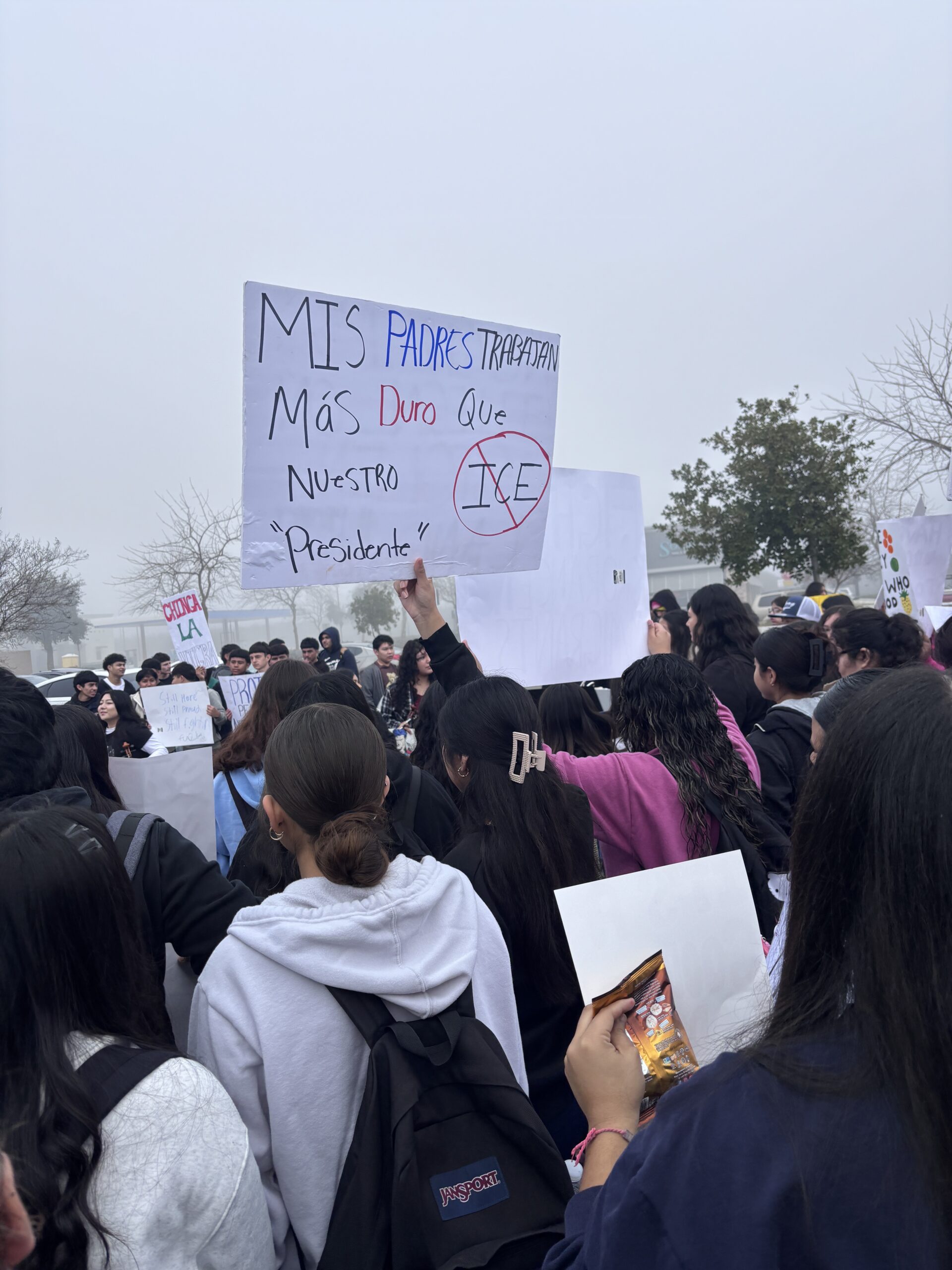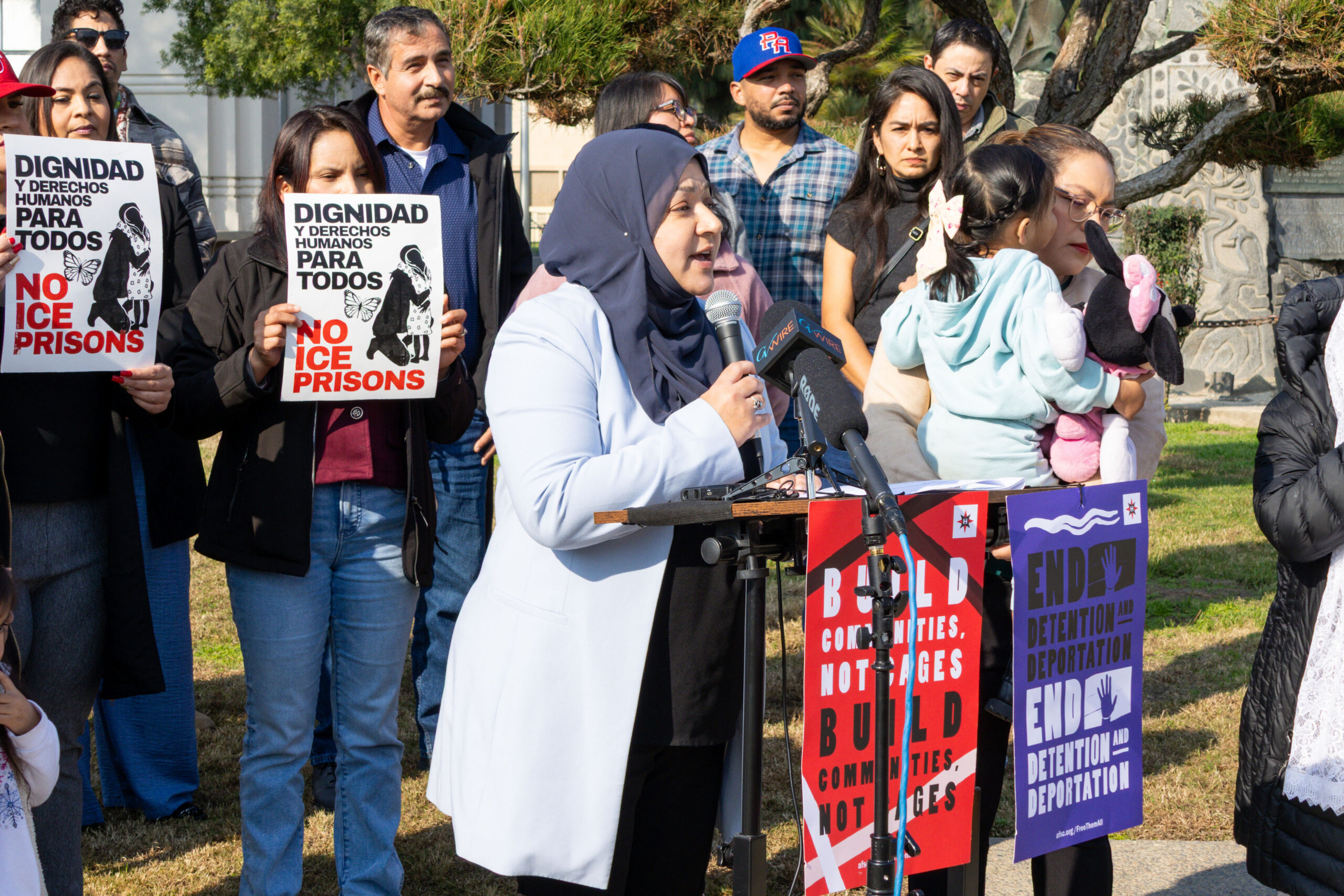This year, Medi-Cal, the state’s Medicaid program, will take on over one million additional children, bringing its total number of children to approximately 5 million – half of California’s kids.
This is primarily due to the elimination of the Healthy Families Program, the state’s low-cost insurance program for children who were uninsured and did not qualify for Medi-Cal. Some additional children will also enter the program by 2014 through the implementation of the Affordable Care Act.
But according to The Children’s Partnership (TCP), a child advocacy organization based in Santa Monica and Washington, DC, California doesn’t have nearly enough dentists accepting Medi-Cal to cover these additional children.
TCP released a report this week on the crisis faced by many families whose children depend on Medi-Cal for their dental care. Jenny Kattlove, the author of the issue brief, is TCP’s Director of Strategic Health Initiatives.
“The state has said that they feel there are enough dental providers, except for a few small counties … But, the program is not up to par. It can’t currently meet the needs of its enrollees, let alone those of a million new children,” Kattlove says.
In 2011, almost half of the children enrolled in Medi-Cal’s dental program did not see a dentist. Approximately one-third of California’s dentists accept Medi-Cal patients, but according to the most recent data available, only one-fourth of those dentists saw 80 percent of all Medi-Cal patients. This indicates that there are a limited number of dentists who are willing to see a significant number of children who are covered by Medi-Cal.
California has one of the lowest Medicaid reimbursement rates in the nation – the vast majority of dentists who do not accept Medi-Cal report the low reimbursement rates as their primary reason for not doing so. Making matters worse, Medi-Cal reimbursement rates are lower than Healthy Families reimbursement rates, raising the concern that not all dentists who accepted Healthy Families patients will complete the burdensome paperwork to accept Medi-Cal.
Kattlove says that while the State should be applauded for engaging with various children’s advocates, Medi-Cal’s dental program needs work.
Other parents Kattlove has worked with include one mother in Mendocino whose toddler fell and broke his tooth. She does not own a car, and the closest pediatric dentist who would accept Medi-Cal and could treat her son was over a hundred miles away with a long wait for an appointment.
Her son’s teeth became infected and began to rot. Over the months waiting for an appointment, the infection spread and caused facial edema, resulting in two emergency room visits. Ultimately, four of his teeth had to be extracted and his permanent teeth will likely be adversely affected.


